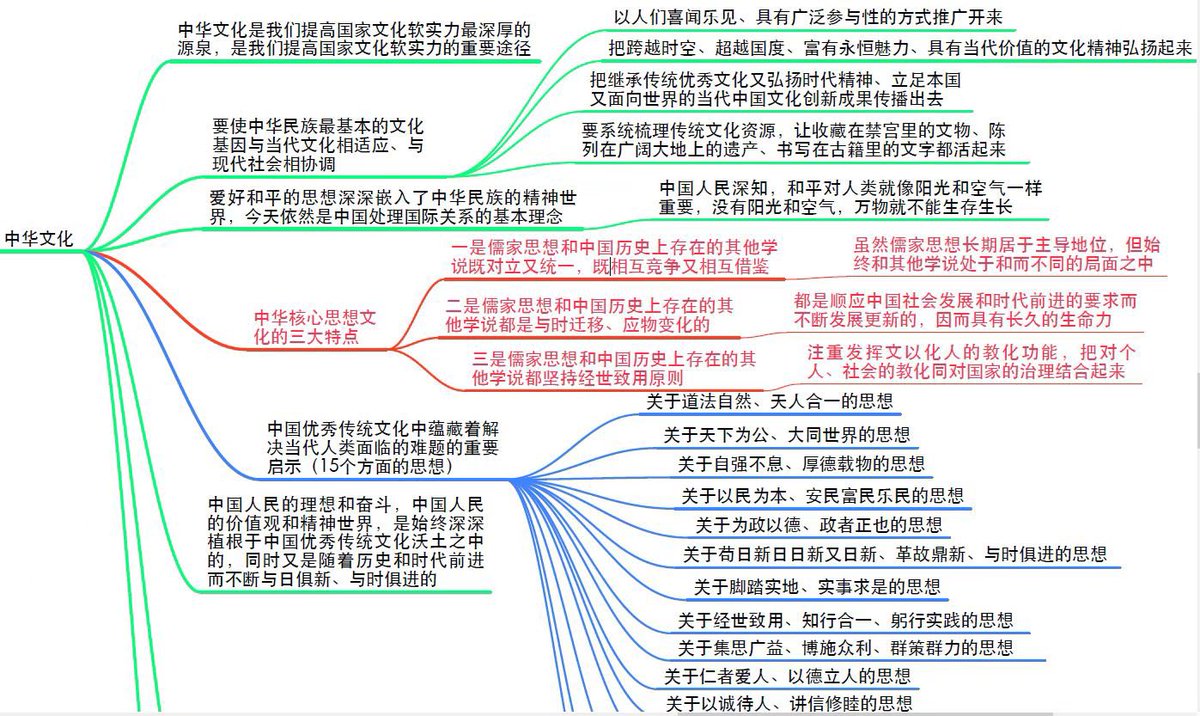
Professor @YaleLawSch and @yale_history, comparative historian, legal theorist, occasional commentator on China-related stuff.
4 subscribers
How to get URL link on X (Twitter) App


 … In fact, this has been a common characteristic of his past speeches on this issue. Here, too, he emphasizes that Confucianism is but one component of a multi-faceted “traditional culture.” Yes the most prominent component, but still just a component. This suggests that … 2
… In fact, this has been a common characteristic of his past speeches on this issue. Here, too, he emphasizes that Confucianism is but one component of a multi-faceted “traditional culture.” Yes the most prominent component, but still just a component. This suggests that … 2